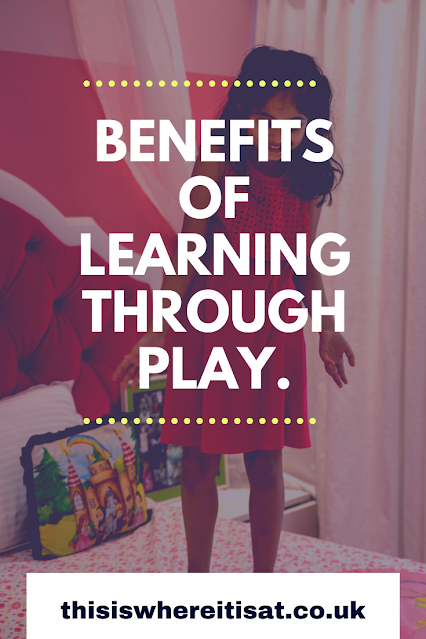Hey readers,
We all know that play is really good for a child but do we know the benefits? That is why I want to explore why playing is so good for the learning of children.
play is a natural way to learn for a child. Children learn through practicing skills, trying out new possibilities. Not to mention play helps revise hypothesized and discover new challenges which then leads to deeper learning. Play allows children to communicate ideas, to understand others through social interaction, paving the way to build deeper understanding and more powerful relationships.
2. Choice.
play gives children the choice such as if they are given different toys to choose from that they want to play with. This is a form of self-expression because they are picking toys that they like.
3. Play helps develop communication.
Play allows children the child an opportunity to communicate through using speech and language skills as a way to express their desires and wants. If the child is playing with others there is a conversation occurring through role-play or making decisions together on what to do.
Even if the child is playing by themselves you most likely find the child will still use self-talk as a form of expressing themselves such as playing with cars they may say such words as wee or beep beep. If the child is playing with others and the other speaks they can learn to interact and maybe learn new words if they haven't heard from them so therefore developing their vocabulary.
4. Helps creativity.
with play, children use their imaginations they do this by doing make-believe games or getting lost in present worlds. Children act out different situations whilst boosting their confidence. The child makes their own rules and learns how to follow them or adapt if needed. These skills are helpful in life as they teach children how to navigate life and develop relationships with others.
5. Gives children space.
When children have time and space to play without restriction, their imitations can roam and they can explore ideas you don't need a large play space. Just try adding simple materials like cardboard boxes to your existing space. This can inspire lots of pretend play, even in small spaces.
6. Physical.
Physical play is important for children to keep fit and healthy. Physical play is the type of play that gets your child moving from big movements like running and jumping to small movements like picking up a pencil or tying a knot.
7. Helps increase self-esteem.
Play is a safe place to practice decision-making and build confidence. Letting children participate in risky play allows them to test what they are capable of. It helps them safely experience their limits and achieve their own goals, ultimately boosting their confidence
8. Gains independence.
While interaction with adults and other children during play builds important cognitive, language, and self-regulation skills, independent play also has benefits. When a child plays alone, it can foster imagination and creative play, build persistence and problem-solving skills, and teach patience and resilience.
What are your thoughts on play? Love to hear them in the comment section down below.
Cheers for reading X









It is wonderful that kids learn so much through playing. Even now my girls still learn through playing although it's usually computer games that they play. x
ReplyDelete